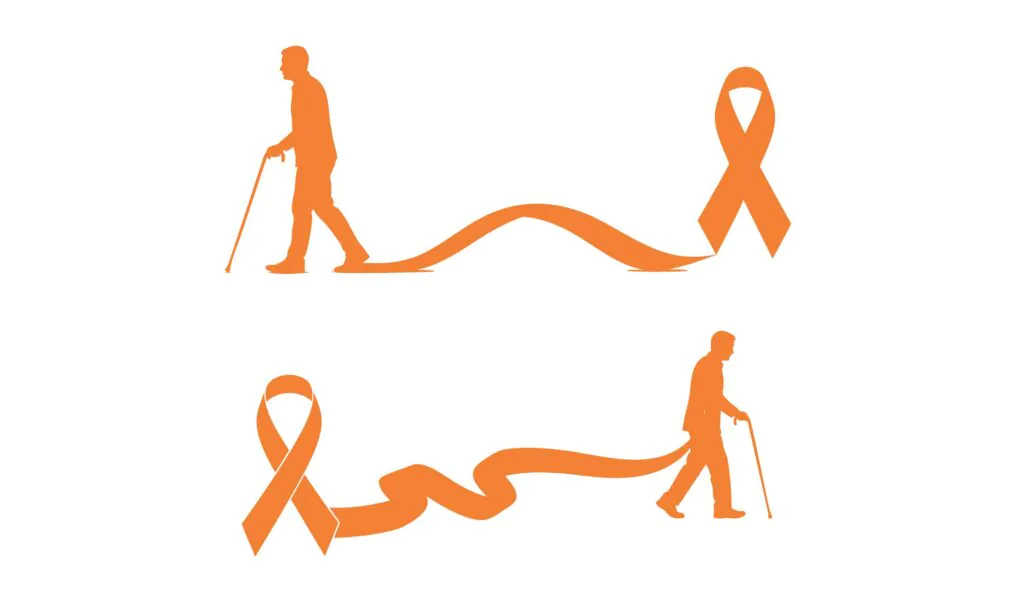Every April, we celebrate Occupational Therapy Month, honoring the vital role occupational therapists (OTs) play in helping people regain independence and improve their quality of life. But beyond its well-known applications, OT is a science-driven profession that continues to evolve with cutting-edge research and innovation.
From harnessing the brain’s ability to rewire itself to integrating new adaptive technologies, OT is transforming lives in ways you might not expect. Let’s explore the science behind its impact and how it continues to push the boundaries of rehabilitation and daily living.
The Evidence-Based Impact of Occupational Therapy
Decades of research affirm that OT improves functional outcomes for individuals recovering from injuries, illnesses, and disabilities. Studies show that:
- Stroke survivors who receive OT as part of their rehabilitation experience greater functional independence and mobility compared to those who do not (Wolf et al., 2021).
- Patients with chronic pain benefit from OT interventions like activity pacing, cognitive-behavioral techniques, and ergonomic training, some leading to long-term pain reduction and improved daily function (Pike et al., 2020).
These findings underscore the scientific foundation of OT, proving its effectiveness in diverse settings, from hospitals to schools to in-home care.
Harnessing Neuroplasticity for Recovery
One of the most exciting areas of OT research involves neuroplasticity—the brain’s ability to reorganize and form new neural connections after injury or illness. OTs use this principle to help individuals regain lost skills through:
- Task-oriented therapy, which encourages repetitive, purposeful activities to retrain the brain (e.g., using a fork after a stroke).
- Constraint-induced movement therapy (CIMT), which forces the use of an affected limb to stimulate recovery in stroke and traumatic brain injury patients.
- Cognitive rehabilitation techniques to enhance memory, attention, and problem-solving skills in individuals with conditions like dementia or traumatic brain injuries.
Research in neuroscience and OT continues to shape rehabilitation strategies, making recovery more effective and personalized than ever before.
Advancements in Adaptive Technology
Technology is revolutionizing OT, providing individuals with greater independence and mobility. Some of the most exciting innovations include:
- AI-driven prosthetics that respond to brain signals, allowing amputees to control artificial limbs with thought alone.
- Smart home modifications, such as voice-activated lighting and automated reminders for medication management, which help individuals with disabilities or cognitive impairments live independently.
- Virtual reality (VR) therapy, which is being used for stroke rehabilitation, pain management, and even social skills training for individuals with autism.
These advancements are not just futuristic concepts—they are actively improving lives today, and OT professionals are at the forefront of integrating them into patient care.
Occupational Therapy’s Role in Preventative Care
Beyond rehabilitation, OT plays a critical role in preventative health and public wellness. Research-backed OT interventions help:
- Reduce falls among older adults by improving balance, home safety, and adaptive equipment use (Gillespie et al., 2019).
- Enhance workplace ergonomics, preventing musculoskeletal injuries through posture training and workstation adjustments.
- Support mental health, with studies showing that OT-driven mindfulness and activity-based interventions can reduce anxiety and depression (Craig et al., 2021).
As healthcare shifts toward preventive and holistic care, OT is becoming increasingly essential in keeping people healthy, independent, and engaged in their daily lives.
The Future of Occupational Therapy: Where Science Meets Compassion
Occupational therapy is more than just rehabilitation—it’s a science-backed, evolving field that combines medical expertise with compassionate, person-centered care. As research continues to drive new approaches, OT will remain at the forefront of helping individuals regain their independence and thrive.
This Occupational Therapy Month, let’s celebrate the incredible contributions of OTs and the life-changing work they do every day. Whether through cutting-edge technology, neuroscience-based recovery techniques, or preventative care, OT continues to prove that science and compassion together can change lives.
If you or a loved one could benefit from OT, explore available services with MOTION today.




